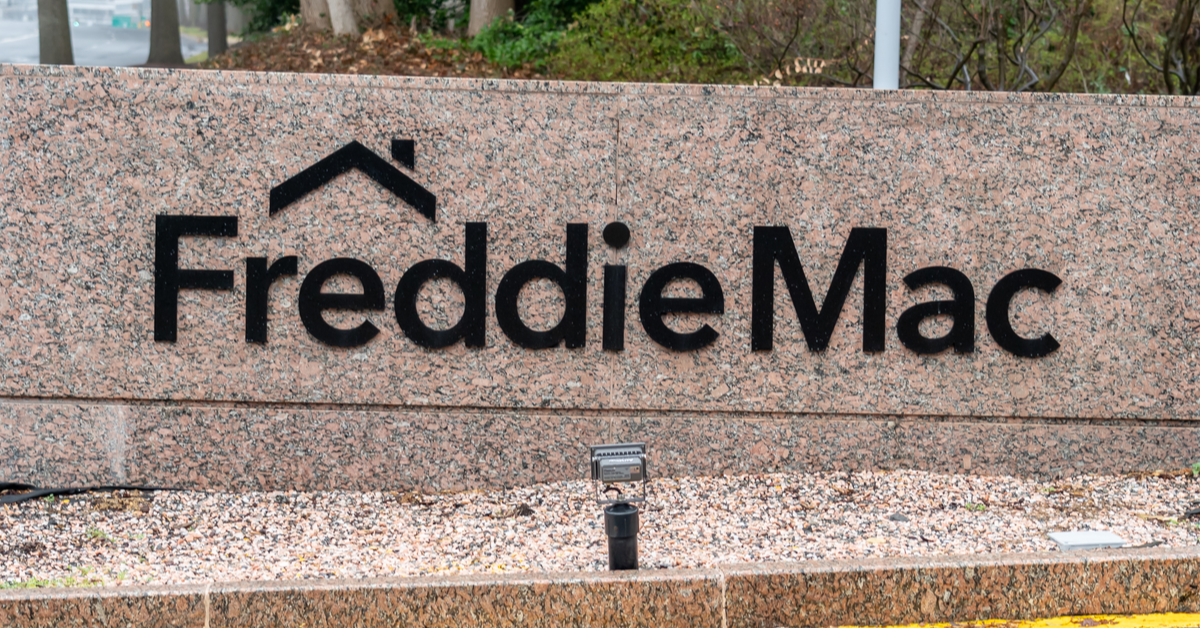More borrowers turned to discount points as a way offset rising rates in 2023, but new data from Freddie Mac has revealed that doing so just might not be worth it.
The government-sponsored enterprise recently performed a study on conforming-loan borrowers with credit scores of at least 740 and a loan-to-value (LTV) ratio from 75 to 80% who took out a mortgage for a home purchase or refi of a single-family home.
Focusing on points purchases that bought permanent interest reductions throughout the life of the loan, Freddie Mac found that 58.8% of purchase mortgage borrowers paid discount points last year, up from 31.3% and 53.6% in 2021 and 2022, respectively. Even more paid for discount points on refis, with 82.4% opting to purchase points on cash-outs and 59.9% buying them on non-cash-outs.
Notably, refinance borrowers also opted for more points. Purchase borrowers typically paid for 0.99 points on their loans, while non-cash-out borrowers paid for 1.16 points and cash-out borrowers opted for 1.76 points.
Even with so many taking advantage of points, though, Freddie has found that the interest rate differential between those who do and those who don’t comes out to be very small. Through November 2023, the average effective rate on purchase mortgages for borrowers who didn’t buy discount points was 6.69%. For borrowers who did pay for points, the average effective rate on purchase mortgages was 6.86%.
The finding that borrowers who opted against points had a lower effective rate than those who did is surprising, and Freddie warns that it cannot conclude a negative relationship between discount points and interest rates because its study “[did] not control completely for borrower observed and unobserved attributes.” But the results of the study nevertheless imply that discount points may not be all that they’re cracked up to be, and with interest rates on their way down again, it will be interesting to watch whether homebuyers stay on the discount points bandwagon.
Another takeaway from the analysis was that, while Freddie focused on borrowers with LTVs between 75 and 80% and credit scores above 740, the likelihood of paying points was higher for borrowers of lower credit quality last year. In fact, it’s a recent trend that higher credit quality borrowers are paying fewer points compared to all borrowers as a whole. From 2018 to 2021, borrowers that matched the profile used by Freddie and its study bought a similar average amount of points as the purchase borrower pool as a whole. But starting in 2022, borrowers with higher credit qualities diverged, paying about 0.06% fewer points on average than all purchase borrowers.





